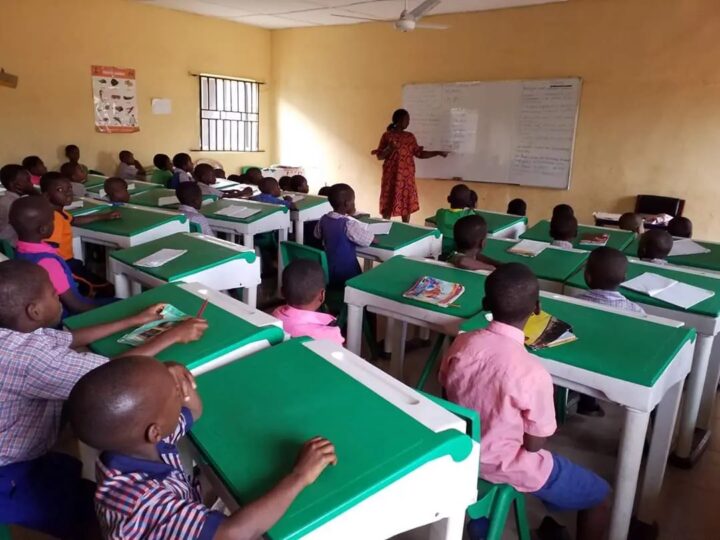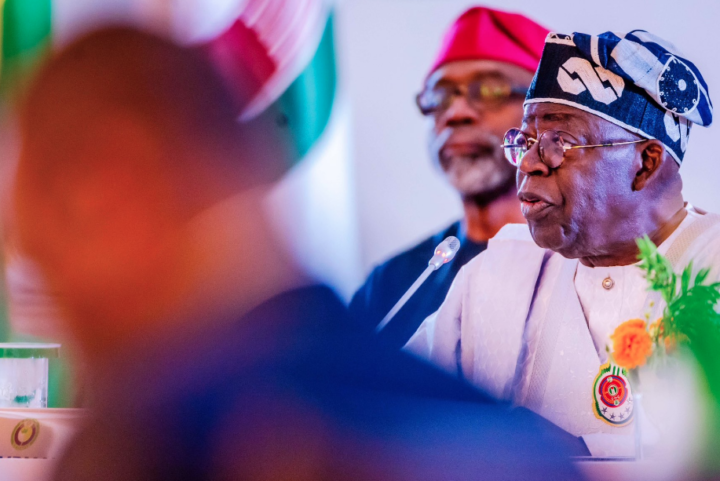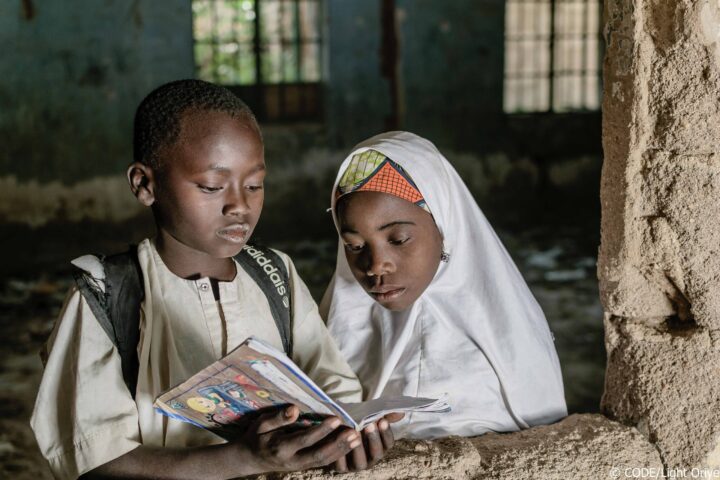Indeed, there is a government policy that prescribes the use of mother-tongue as instructional language in the first three years of education. However, it has always seemed that such pronouncement was only notional, as hardly any enduring progress was ever attained in that regard. Now some would disagree on this point. But the fact we are having this discussion is proof yet that much work still needs to be done.
The question is why has progress towards a multi-lingual education – compelling as it is – been rather abysmal? One of the most common arguments I have heard is the claim that a multi-lingual education in Nigeria, rather than foster a sense of inclusion, may indeed unwittingly promote the cultural hegemony of Nigeria’s three major languages – to the exclusion of others. This claim is however unfounded as education as outlined in the Constitution is a concurrent function of the federal government and the states.
Another claim for the tepid pursuit of multi-lingual education is that it could ultimately result in saturation, a process that leaves the students simply unable to process the diverse information which, in the reckoning of this view’s proponents, a multi-lingual education entails.
But this fear stems, in part, from the fact that we tend to under-estimate the human – particularly children’s – capacity to learn new things, new words, and indeed new languages. Getting wholly immersed in one’s immediate cultural experience is a natural inclination. Yet, there is real danger of cultural insularity and exceptionalism if this becomes unbridled. The variegated learning inherent in a multi-lingual education often coalesces to enrich a child’s worldview and nurture in them a better appreciation of diversity.
Advertisement
There are some who would describe the push for multilingual education as a futile bid, because, according to them, the continuing dominance of English is the inevitable outcome that arises from our increasingly globalised world. This may sound convincing – but such social fatalism crumbles when applied to India.
Like Nigeria, India was also a British colony. So, the Nigerian experience, with regard to the adverse impact of colonialism, was by no means an exception. English was introduced as the instructional language in colonial India as early as 1835 through the English Education Act. Yet, that did not result in the subjugation of their indigenous languages as is the case in Nigeria. The flourishing of their indigenous languages has not made Indians any less proficient in the use of English language; nor can it be argued that it has made them less intelligent than Nigerians.
The adoption of English as instructional language in the colonial period persisted in post-independence Nigeria, perhaps fuelled by the notion that being so widely spoken across the world, “English language is most suitable for formal education”.
Advertisement
It’s no surprise then that English also became the language of the workplace, further fueling the perception that proficiency in it conferred on a speaker a greater chance of securing a job. This has resulted in a subtle pressure in the youth to curb what linguists refer to as “mother-tongue influence” in the way they speak, all in a desperate bid to sound foreign. This is particularly pronounced in broadcasting where presenters and newscasters frequently mispronounce Nigerian names, somewhat deliberately, it seems.
But should it really matter if there is declining use of indigenous languages in Nigerian homes, or whether an increasing number of the younger generation cannot comfortably speak their mother-tongue? How does that impact their wellbeing?
It should indeed matter. A people’s cultural identity is to a large extent embedded in their language. So, there is something profoundly tragic when a language is lost.
According to the former executive secretary of the National Institute for Cultural Orientation (NICO), Mr. Ado Muhammed Yahuza, studies have revealed that more than half of the over 400 indigenous languages in Nigeria are endangered.
Advertisement
“More alarming,” he noted, “is the speculation that languages such as Igbo and Yoruba may not survive the next 50 years if urgent measures are not taken to reverse the trend.”
Even the United Nations Educational, Scientific and Cultural Organization (UNESCO) had also earlier in 2006 painted a similarly dire picture, when it noted that Igbo language stood the risk of becoming extinct in the next 50 years, if urgent measures are not taken to reverse the slide.
The idea that a language could somehow become extinct may seem far-fetched, especially given the expanding scope for documentation that technology offers in the modern age. It may sound inconceivable, but it is not impossible. The Efut are (or were, I suppose) one of three distinct ethnic groups in Calabar, Cross River State. In the late 1980s, there were just a handful of elderly native speakers of the language, which included the paramount ruler. By mid-‘90s, the language literally became extinct after the death of those few.
Our working definition of mother-tongue has long viewed the concept as “a person’s native language”, which more often than not is the language of a child’s father.
Advertisement
However, in a multi-ethnic society like ours characterized by cross-tribal marriages, I would add that the definition of mother-tongue should be expanded to reflect the idea that it could as well be the language of either parent of a child.
• Excerpts of a Keynote delivered by Ani, Executive Secretary, Enugu State Council for Arts and Culture, at the 2024 International Mother-Tongue Day Celebration organized by the National Museum of Unity, Enugu.
Advertisement
Advertisement
Views expressed by contributors are strictly personal and not of TheCable.
Add a comment







